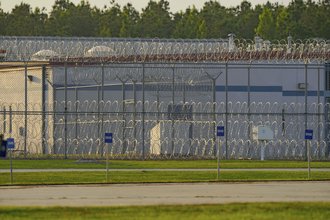FPF takes State Department to court over Öztürk secrecy


The U.S. classifies far too many secrets, obstructing democracy.
Excessive government secrecy takes many forms, from agencies needlessly claiming documents are classified to ignoring information requests and destroying records — even when the documents show government fraud or illegal conduct. This hinders a free press, effective oversight, and the public’s ability to self govern.
We need to fight for systemic improvements, and we need the press to vigorously question the government every time it says something is classified.

FPF FOIA request seeks more information

Plus: Gabbard wants the intelligence community to embrace AI. Will that be good for declassification?

Plus: Justice Department lets former White House officials accused of stealing presidential records keep them.

The anniversary is a reminder to resist the characterization of whistleblowers as threats to national security for revealing information the government wants to keep secret.

Policy purports to grant county board chair a monopoly on facts

Plus: The Food and Drug Administration is still hiding deadly E. coli outbreak information

Plus: Major hack of FOIA software reveals problems of government’s overreliance on private companies

It will corrupt historical accounts of this administration — and is a recipe for disaster.

Plus: No, the $400 million jet isn’t going to a library. It’s going to a private foundation.

And if the administration doesn’t want to disclose embarrassing information about its actions, it should stop making up reasons to deport people